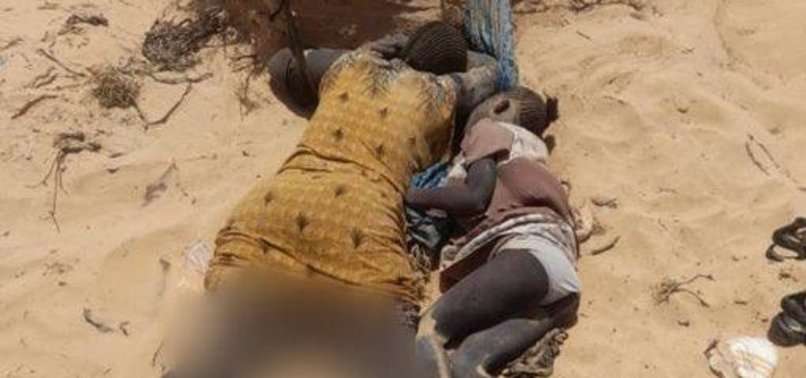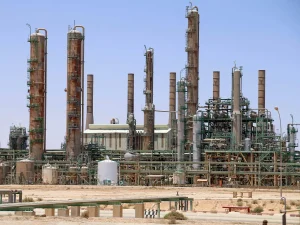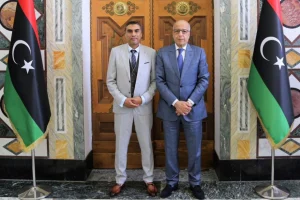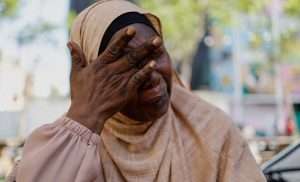EU-Tunisia Pact: A Migrant Model for All

European Commission President Ursula von der Leyen told a conference in Rome on July 23rd that a recent deal agreed between the EU and Tunisia – $1 billion euros to tighten borders and steady the rapidly declining economy – could be be a ‘model for other countries, Reuters reported
Some of her critics though point out that EU cash is funding poor treatment of African migrants as while deals were being agreed some were victims of shocking human rights abuse and even, in some cases, dying.
‘We want our agreement with Tunisia to be a template. A blueprint for the future. For partnerships with other countries in the future,’ von der Leyen added.
This year the migration problem within Tunisia has worsened by 12%, where most are arriving in coastal towns such as Sfax in the hope of being trafficked out of the country.
The EU deal will supposedly even out the economy and encourage civilians to stay in Tunisia.
The EU boss cited Europe’s hydrogen partnership with Morocco and Egypt, adding encouraging words in an attempt to prove the positive outcome of the $1 billion funding.
“You have the potential and the ambition to be global energy powerhouses in a net-zero world,” she said.
However, the pact does not factor in problems at the border of Libya, where migrants have been shepherded by the Tunisian government.
Since Sunday 15th July, at least three videos provided by NGOs and human rights activists have surfaced of Africans being inhumanely treated by Tunisian security services.
One circulating video shows migrants stranded on the border of Libya, including a pregnant woman who had been without food, water or medication for seven days.
NGOs have also published images of men, women and children being forced to walk at gunpoint without food or water to the border of Libya, including a mother being found dead at the border with her daughter by her side, also dead.
The intervention of EU financial aid was not meant for the Tunisian government to dispose of the mass migration elsewhere, but to help build up their own economy.
Groups of asylum seekers and migrants are also being dumped on the border of Algeria, without any humanitarian support, drawing criticism from rights groups.
“Migrants on the border could die if they are not given shelter and aid”, the Tunisian Forum for Economic and Social Rights said.
The EU wants to protect their own borders in countries such as Italy through this deal, but the money has not put a stop to the migrant crisis, merely stopped them from passing over the Mediterranean Sea from Tunisia.
Read more on the Tunisian government’s measures to move migrants here.
Want to chase the pulse of North Africa?
Subscribe to receive our FREE weekly PDF magazine













